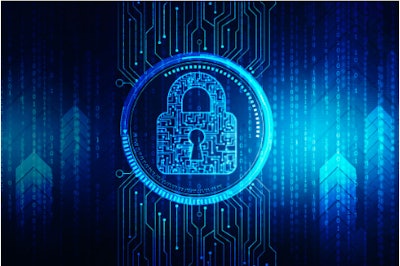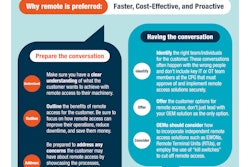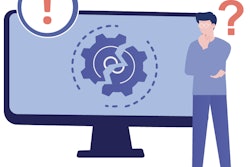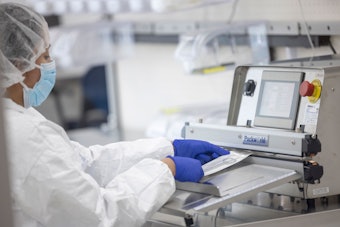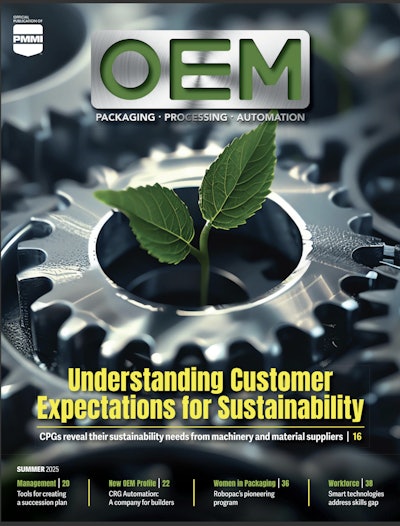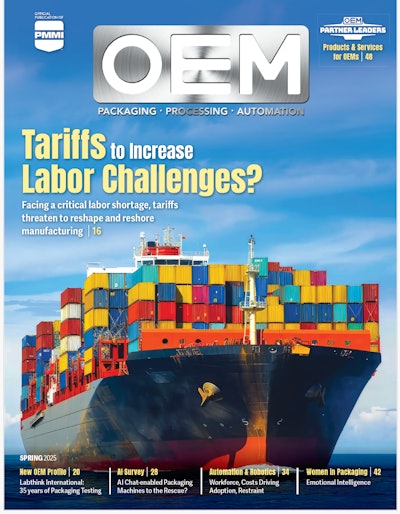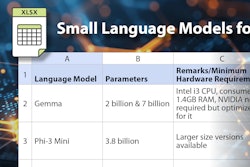Software as a Service (SaaS) platforms have become increasingly prevalent in organizations worldwide. These platforms offer manufacturers scalable, efficient, and cost-effective solutions to manage everything from supply chains to operational workflows to customer relationship management, all in the cloud. However, with the growing reliance on SaaS solutions, manufacturers must conduct thorough due diligence when selecting and working with these vendors to safeguard their data and ensure they are safe from threat actors.
Understanding the Risks
When a manufacturer integrates a SaaS platform into its operations, it effectively extends its IT environment to an external party. This can introduce several risks, including data breaches, operational disruptions, and compliance issues. The SaaS vendor’s security posture becomes a critical component of the manufacturer's overall cybersecurity strategy and must be evaluated regularly to ensure undue business risk isn’t introduced to the organization.
Several key considerations can be used to evaluate technology and software vendors:
- Security Standards and Compliance: Before signing up with a SaaS vendor, manufacturers should ensure that the vendor adheres to industry security standards and regulatory compliance. This includes checking certifications such as ISO/IEC 27001, SOC 2, or any industry-specific standards that are pertinent to the manufacturing sector.
- Data Protection Policies: Manufacturers must evaluate how the vendor handles data protection. This includes understanding the vendor’s encryption practices, data storage locations, and data access policies. It’s vital to ensure that the vendor has robust mechanisms in place to protect sensitive information.
- Incident Response and Recovery: An effective incident response plan is essential for minimizing the impact of a potential security breach. Manufacturers should review the vendor’s incident management procedures and disaster recovery plans to ensure they align with their risk management strategies.
- Audit and Monitoring: Regular auditing and monitoring of SaaS vendors practices and performance is necessary to maintain a secure operational environment. Manufacturers should conduct risk assessments and audits to ensure ongoing compliance with security standards. This may involve regular security assessments, penetration testing, and even on-site inspections.
- Third-Party Risk Management: SaaS vendors often rely on third-party providers for various service components (such as cloud providers like AWS, Google, or Microsoft). Manufacturers should assess the risk posed by these third parties and ensure that the primary SaaS vendor has its own comprehensive third-party risk management strategy in place.
The Importance of Continuous Oversight
Vendor due diligence doesn't end once the contract is signed. Continuous monitoring and reassessment are essential as the manufacturing environment, cybersecurity threat levels, and the SaaS landscape continue to evolve. Regularly revisiting the vendor's security practices and adapting to new threats will help ensure that the partnership remains secure over time.
By implementing a structured due diligence process, manufacturers can significantly reduce the risks associated with SaaS vendors and build a more resilient operational framework that is better equipped to handle the complexities of today’s digital landscape.
